Review of Railway Children, The (1968 TV Series)
Introduction
Or oh Mr Porter what shall I do?
Three children are exiled to the depths the country. Unknown to them, their father has been sent to prison accused of treason. Their mother determined to keep the family together accepts the offer of an old friend and takes them to a small cottage. Aware that they are suddenly poor the children take up coalmining but go no further than the local railway station coal store. This being 1906 there is an ample supply of coal with which to keep their mother`s fire going until caught by the railway porter. However both the porter, Perks and his Boss the Station Master are remarkably forgiving choosing to believe in the children`s innate good nature.
So begins a friendship that extends to the sympathetic local doctor and the "old gentleman" on the 9.15 train. When their mother falls ill Bobbi (Jenny Agutter) asks the local doctor if they can join his "sixpence a week" club and he kindly agrees. There is no club but he maintains the fiction to help them out. Later the children meet a Russian refugee at the station and do their best to help him. When Bobbi finds out from an old newspaper that her father is in prison she is devastated but determines to ask the "old gentleman" for help. The children even find time to avert a railway disaster.
The children remain resolute and optimistic through periods of hardship and the story does seem to reflect a faith in the inner goodness of man.
The children do spend a lot of time in and around the railway and these days I expect that the series would be prefaced by a public service announcement.
This tale of E. Nesbit has also been made two films, in 1970 starring Jenny Agutter and Bernard Cribbins as Perks and the 2001 remake for Carlton television. However this particular DVD is of the TV series made for the BBC and starring Jenny Agutter in her original role as Bobby. Made in 1968 it was filmed in black and white and fits into the now seemingly lost tradition of Sunday afternoon serials.
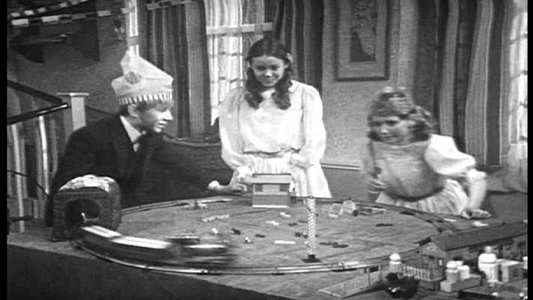
Video
The print used to transfer is rather showing its age which marks and lines running down it. It is also in black and white which is fine by me but the whole thing shows its age rather.
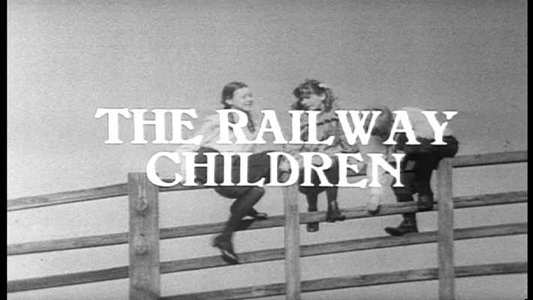
Audio
A lot of hissing on the soundtrack, which is listed, as being in stereo though I couldn’t distinguish much separation and to be fair it does not matter. The dialogue is reasonably clear but whichever county this was supposed to be set in has the most peculiar range of accents I`ve ever heard.
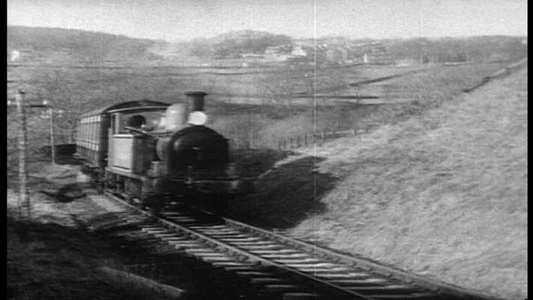
Features
Picture gallery- that`s it.
Surely they could have cobbled together some reminiscences to put in as extras. There seems no point to this issue without adding some historical references points to it.
There are seven episodes on two discs coming in at 170 minutes
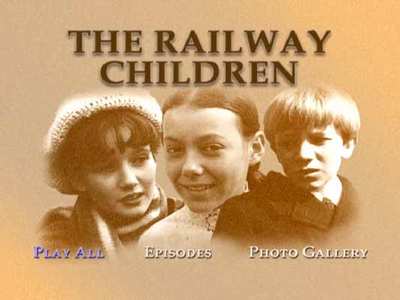
Conclusion
I`m not sure who will want to buy this series. Choosing between the three versions on offer I would instinctively go for the film made in 1970. The children and all the actors in the film are more professional and benefit from higher production values and a bigger budget. The film has Bernard Cribbins hamming it up marvellously as Perks, the railway porter who befriends the children. Watching the TV series in one bite it is obvious how each episode stretches towards a semi dramatic conclusion. The plot is much tighter in the film.
This show seems to have been reissued because it came in at number 96 of the BFI Top 100 Television Programmes. Yet another "best of" this was voted on by media executives.
Although perhaps fondly remembered by the media lovies who voted for it the show is looking rather dated and stagey. It seems under rehearsed with the children rather distractingly staring off camera and often smiling for no particular reason. Jenny Agutter does come across as the star turn and is able to turn in an emotional performance, which is presumably why she was also cast in the film. There are some familiar faces from British TV and Julia Smith who brought you "Eastenders" directed it. Also notable for a rather amateurish turn by Gillian Bailey as young Phyllis who went to fame in "Doubledeckers" –enough said.
The most likely people to buy it are, Jenny Agutter fans, steam railway enthusiasts, television historians and media studies tutors but like me I feel they will be disappointed. As a historical document the least the BBC could have done would be to clean it up and add some content to put the production into its context. Another opportunity missed I feel.
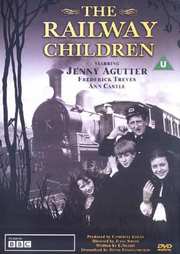
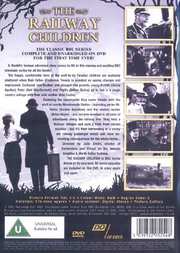




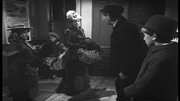
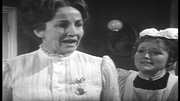
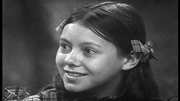
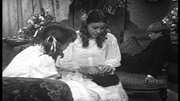
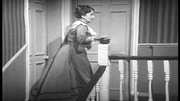
































Your Opinions and Comments
Be the first to post a comment!